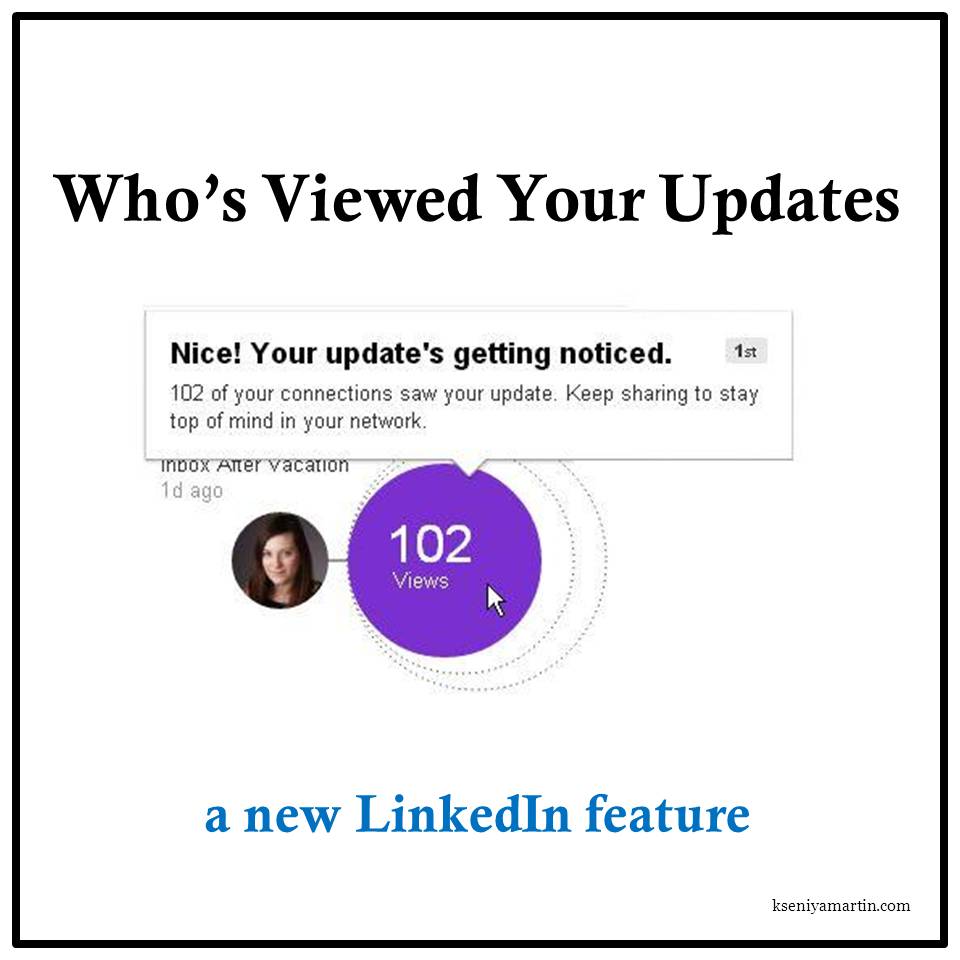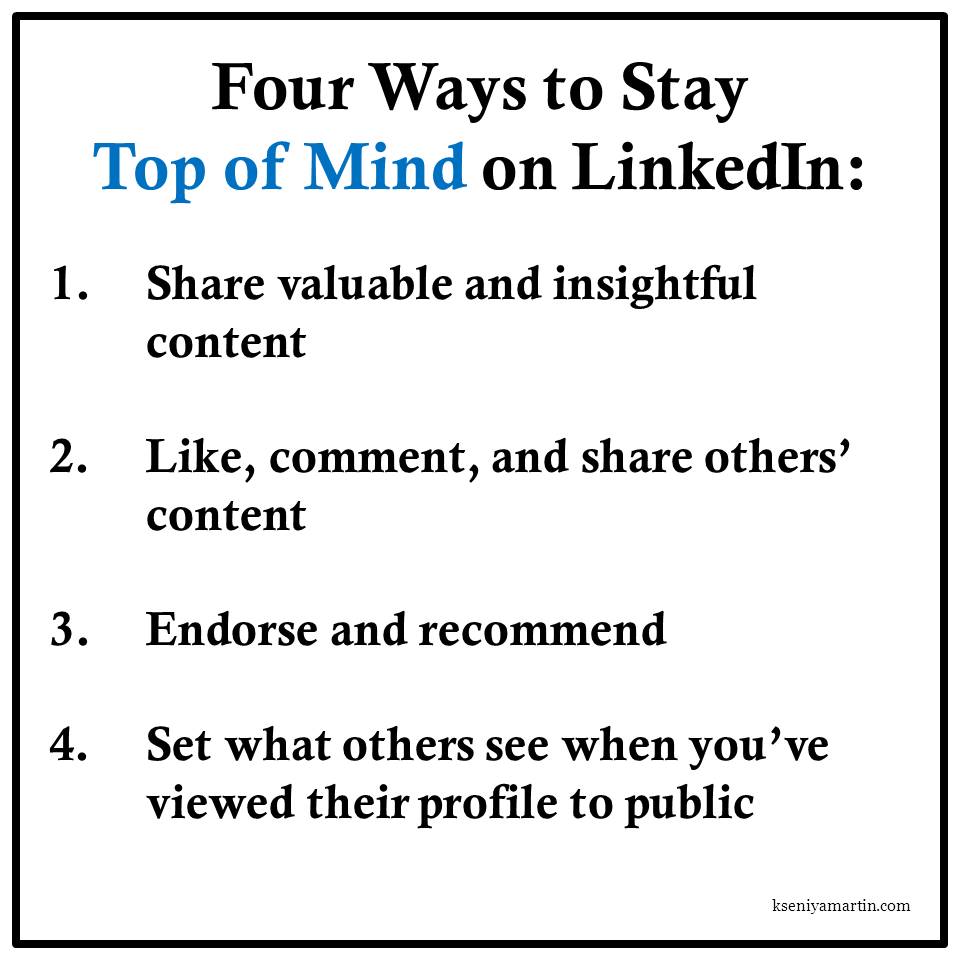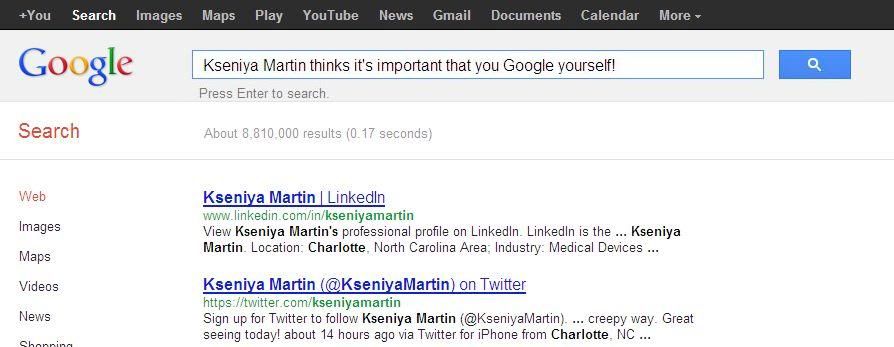4 Ways to Stay Top of Mind on LinkedIn
/1. Sharing valuable and insightful content
“Top of mind” was one of the points I tried to drive home during the social selling training at our National Sales Conference. It’s one thing to have a complete LinkedIn profile; it’s another to provide insights to your network with content and engage them in conversation. But you have to be careful not to assume that “top of mind” means constantly posting crap just to stay visible. There’s nothing worse than annoying your network. Be relevant and practice constraint (there are apps that can help with that but more on that later).
A few days ago I noticed that LinkedIn has added a new feature on their home page labeled “Who’s Viewed Your Updates.” This is an exciting new feature because it shows you how many people have seen your update and it allows you to analyze what information your network really wants to see. That’s powerful information and best of all it’s available for free (detailed insights are available for premium accounts)!
2. Like, comment and share others’ content
Content is only one part of helping you stay top of mind. You have to be active by liking and sharing others’ content as well. My personal rule of thumb is to keep 80% of my likes, shares, and comments specific to my industry and reserve 20% for all other interests.
3. Endorse and recommend
Regardless of whether you love or hate the feature, endorsements can be a great tool not only as a “feel good” but to also remind someone of your existence. But I must caution you, do not do it just do it and only endorse people for things that you can honestly back up with a true recommendation. This is why a recommendation is more powerful. Recommend past colleagues, current colleagues, and customers. Help others be viewed as experts and rock stars in their field.
4. Set what others see when you’ve viewed their profile to public
There are pros and cons to setting your profile view to public and for the longest time I hid behind the wall of anonymity. Staying anonymous allowed me to view others’ profiles without their knowledge of who I was and in my past role it was a good way to screen candidates prior to their interview with our company. Now my profile is set to public and I wouldn’t have it any other way. This feature allows you to see who has viewed your profile but even more importantly, it allows others to see that you have viewed theirs.
People do business with people they know, like, and trust. Sharing content and staying active on social networks helps build your personal brand and helps you stand out as the Subject Matter Expert (SME) amongst a sea of others who do not bring value to their customers and networks.
And remember, it’s not all about you. Give to give, not give to get. Your activity should be 90% about others and 10% about you or your company.
Curating Tools:
Some days the relevant content floodgates open up and all you want to do is post it all at once to your networks. Don’t. Pick out several gems and post them at different times during the day (again, not all at once). Save the others for when the waters run dry.
My favorite tool for curating content for a slow day is Scoop.it. The free account allows you to have five different boards and you can push the article directly to LinkedIn from the site. A premium account gives you ten boards as well as the ability to schedule posts.
Feedly is another great tool to keep all your RSS feeds in one place and allows you to share directly with your network. Feedly is also tied to Buffer, an app that allows users to schedule posts.
These tools allow you to stay top of mind even when you’re away.






